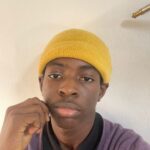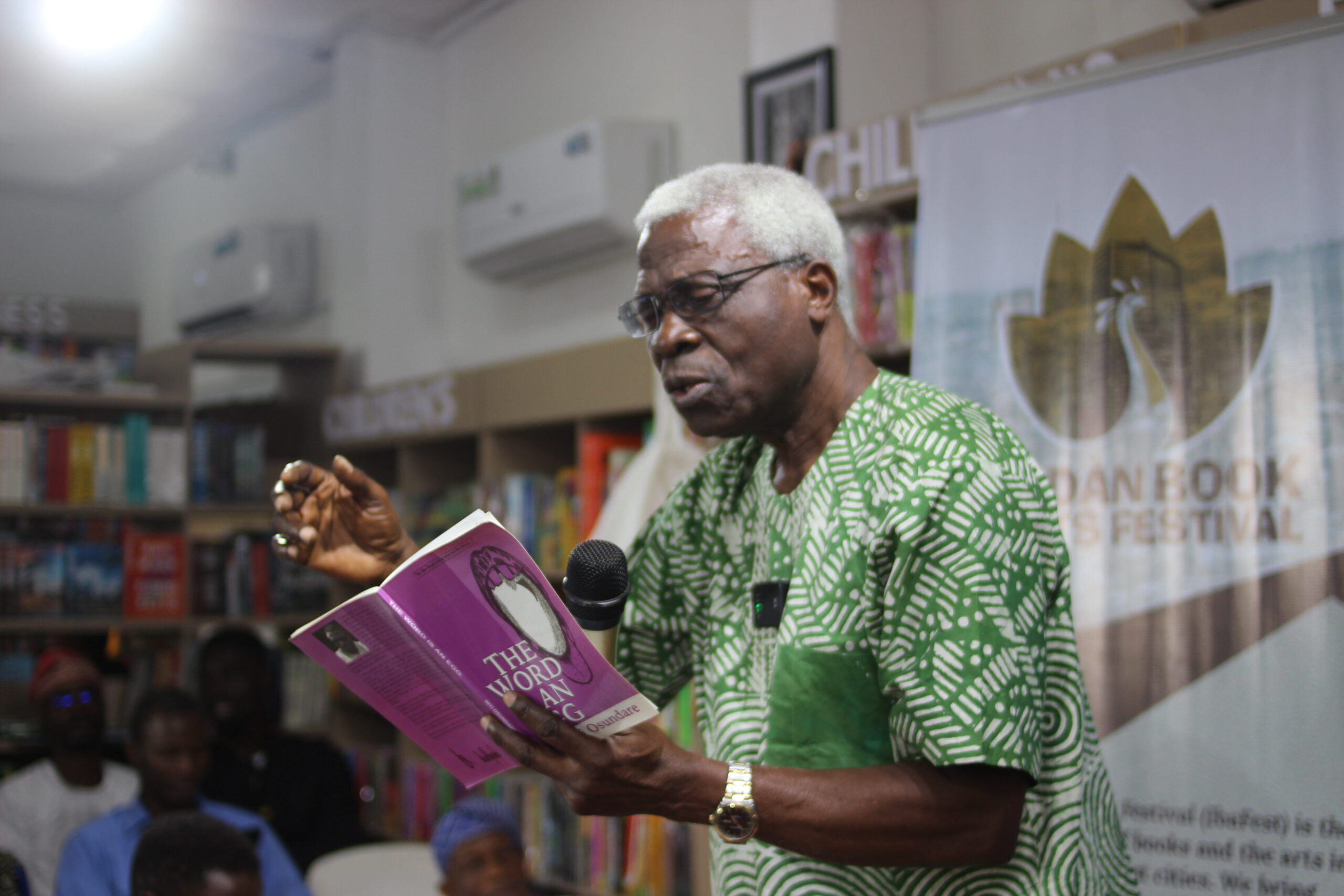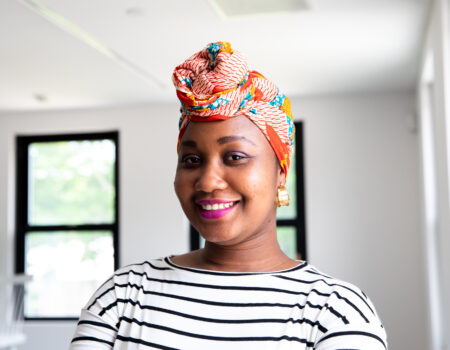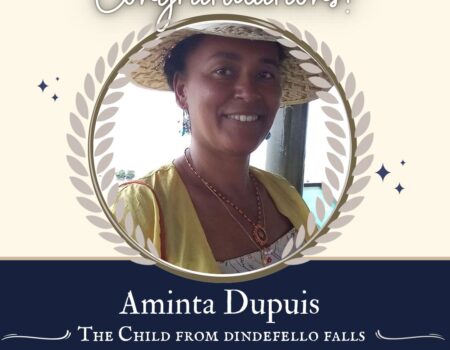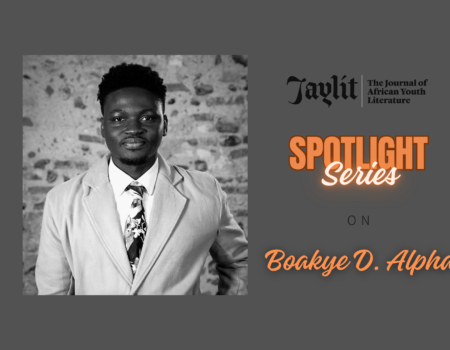Renowned poet and public intellectual, Professor Niyi Osundare, set Ibadan alight with fiery words and urgent reflections at Invocations of the Word: A Day of Poetry and Conversations with Niyi Osundare.
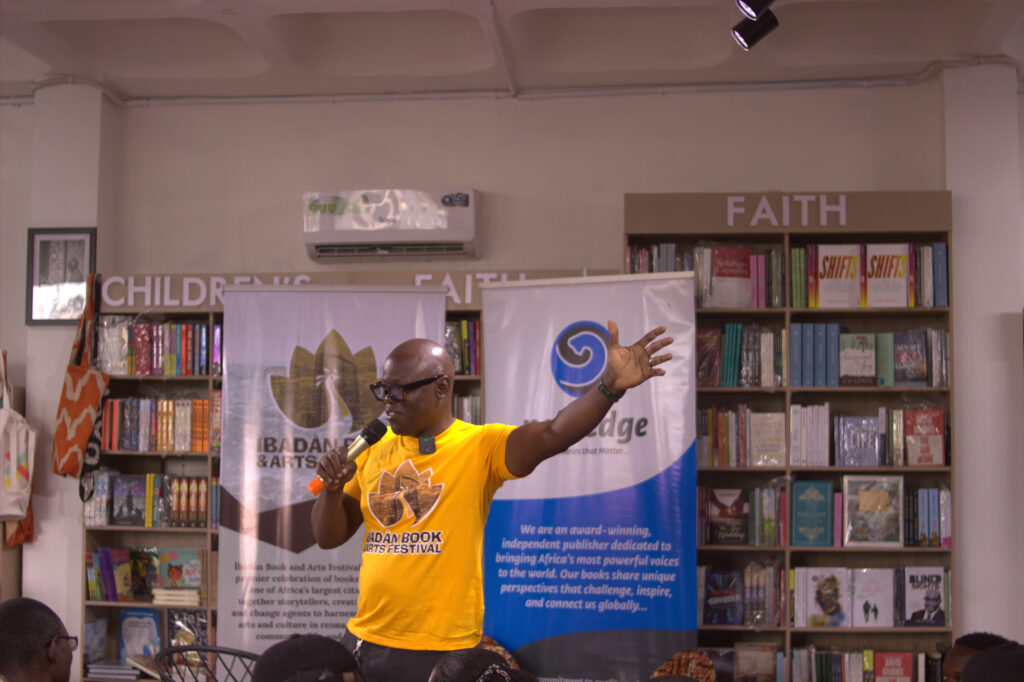
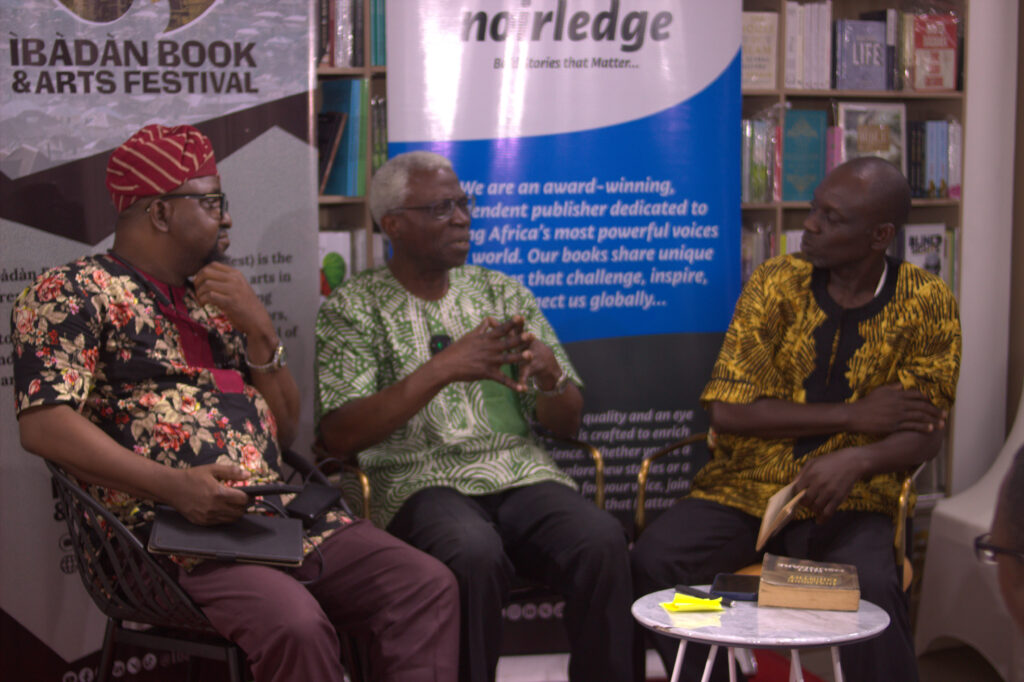
The event, held on August 16, 2025, at RovingHeights Bookstore, Bodija, was a powerful prelude to the Ibadan Book and Arts Festival (IbaFest).
The three-hour gathering drew writers, scholars, cultural leaders, and young creatives, transforming the bookstore into a crucible of performance and debate. Attendees included Prof. Femi Osofisan, Dr. Ayodeji Shittu, Prof. Mark Osama Ighile, Prof. Nelson Fashina, Prof. Adeshina Afolayan, Prof. Doyin Agoru, Dr. Folasade Anita Ajao, Mr. Steve Shaba of Kraft Books, and activist Adewumi Olowoniyi.
The gathering featured some of Nigeria’s fast rising poets including, Pamilerin Jacob, Obafemi Thanni, Sodiq Oyekanmi, Olajuwon Opeyemi Folashayo, Asan, Flourish Joshua, and Oluwatomisin Olorunfemi who read from a wide range of poems from Prof. Osundare’s oeuvre.
Festival Director, Servio Gbadamosi expressed heartfelt gratitude to attendees, noting that despite the by-elections in parts of the city, the turnout was a testament to the enduring power of literature:
“This has been a dream the team has nurtured for years. It’s not just another book reading—it’s a return to where it all began: Ibadan.”
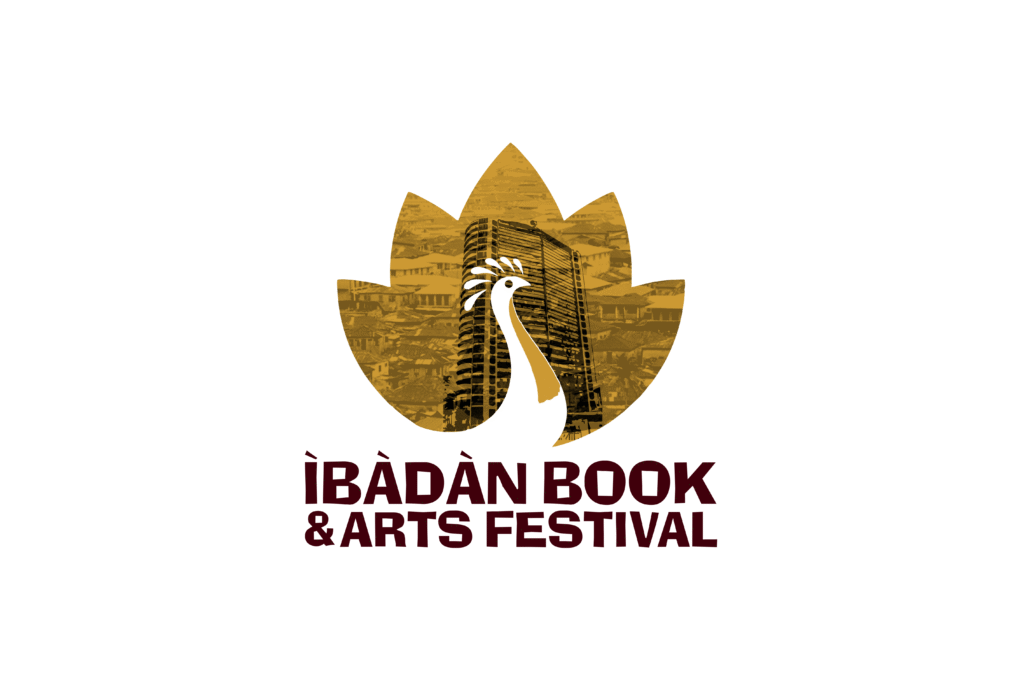
Gbadamosi also announced the inaugural Ibadan Book and Arts Festival, themed “The Past as Prologue to the Future”, scheduled to hold on October 24–25, 2025, at the University of Ibadan’s International Conference Centre. He explained that IbaFest will convene writers, thinkers, and creatives from across Africa and beyond in a vibrant celebration of ideas, creativity, and cultural dialogue.
Prof. Osundare, in turn, praised Gbadamosi for his tireless efforts in preserving poetry and literature in Nigeria, saying:
“I thank him for what he has been doing for poetry and publishing in Nigeria over these years.”
Opening his reading, Prof. Osundare reminded the audience that poetry is not merely words on a page but a full-bodied experience:
“Poetry takes control of the whole body. Your face is the dictionary, and the parts of your body are consonants and powers.”
His first reading, “Invocations of the Word”, from his collection The Word is an Egg, was a fiery testament to the power of language to stir, provoke, and heal.
Flourish Joshua’s bilingual rendition of “In the Mood for Love” added a vibrant call-and-response rhythm that drew laughter, applause, and audible delight from the audience. It was a moment that captured the communal spirit of poetry—its ability to connect, entertain, and provoke thought.
In a moment of solemn reflection, Osundare declared:
“We have no country yet!”
He shared his recent experiences as a Nigerian citizen, lamenting the systemic failures that disable rather than empower:
“Nigeria disables its citizens, it rarely does anything for them, and it also prevents them from doing anything for themselves.”
He spoke candidly about the difficulty of advocacy in Nigeria:
“It is difficult to stand on your own to speak the truth.”
The literary critic urged youths to study the sources of Nigeria’s problems and ensure that a repetition of past errors does not occur by choosing to be different.
“They (youths) also must study the sources of the problems of Nigeria, and make sure that they themselves don’t repeat those problems, those dysfunctional propensities in their own lives. Because there is really no excuse to say, ‘yes I became a thief because the governor stole money or the legislator stole money.’ No! You have to be different, and you have to be able to think critically. Our rulers don’t think as I’ve always said. The value of education is that it makes us critical and interrogative. And there is a lot to criticise and question in the way Nigeria is being run.”
Osundare also lamented the stifling effect of the diaspora on authentic writing, warning that distance can dull the pulse of creativity:
“What our diaspora is doing to our writers is killing them. You can’t write authentically and passionately about your country when all you have is garnered from the internet—you are too far from the bleeding wound.”
This, he explained, is why he remains rooted in Nigeria, close to the pulse of its struggles and triumphs. He lamented the lack of technological innovation among Nigerian publishers and the difficulty of accessing his internationally published works, such as Green: Sighs of Our Ailing Planet, which was released in the United States. He also criticized the deteriorating state of Nigerian universities and the lack of sustainable practices, invoking the old adage, ‘‘We did not inherit the earth from our ancestors, but we borrowed it from our children.’
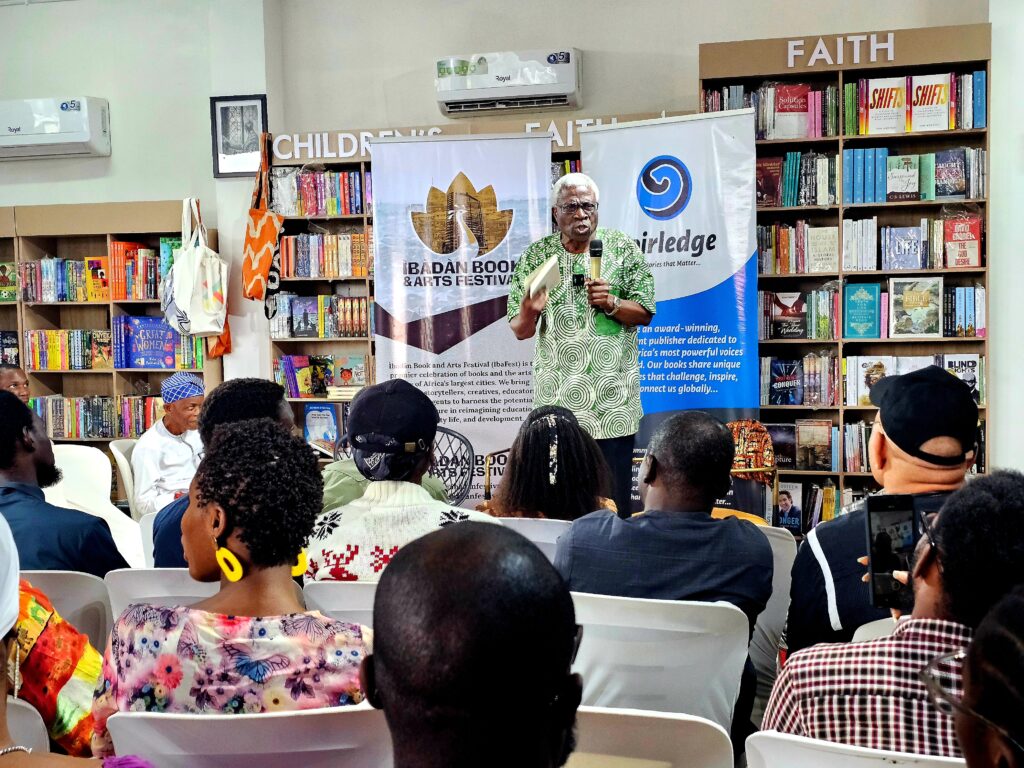
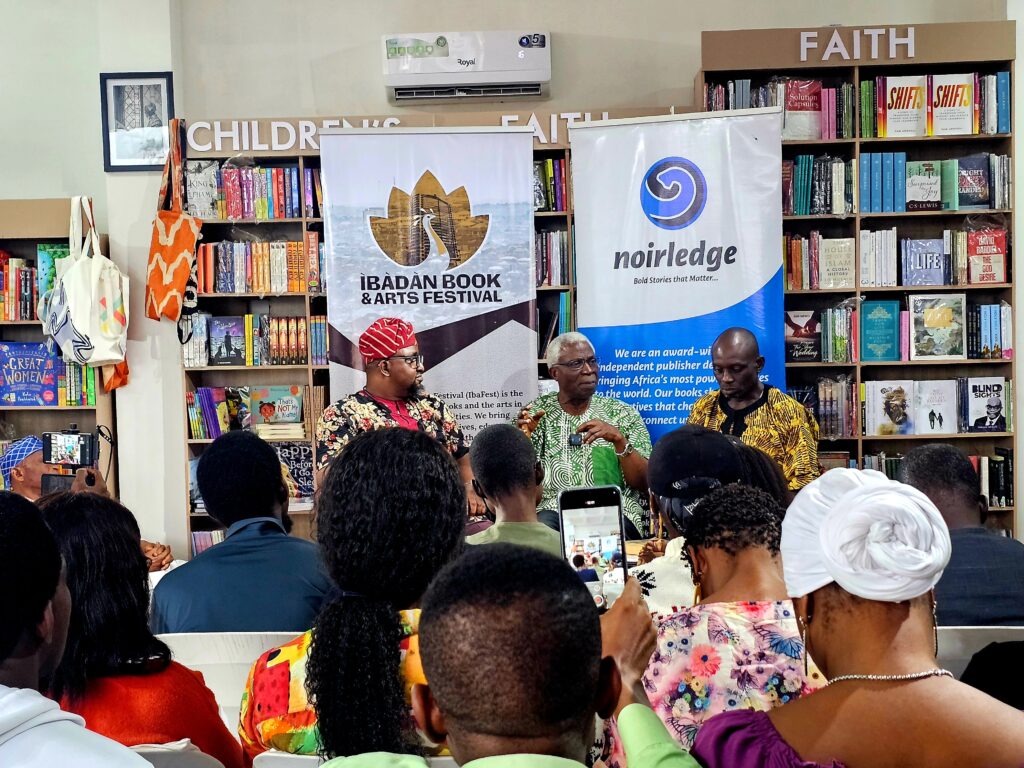
The evening featured stirring performances from a new generation of poets namely Pamilerin Jacob, Obafemi Thanni, Sodiq Oyekanmi, Olajuwon Opeyemi Folashayo, Asan, Flourish Joshua, and Oluwatomisin Olorunfemi who read from Osundare’s works. Flourish Joshua’s bilingual performance of ‘In the Mood for Love’ drew laughter and applause, capturing the communal spirit of poetry.
Moderated by journalists Michael Olatunbosun and Oluwaseun Akinola, the conversation with Osundare ranged from corruption to artificial intelligence, with the poet stressing the difficulty of holding onto sanity and principles in Nigeria:
“One of the most difficult things to do in Nigeria is to keep your sanity and principles.”
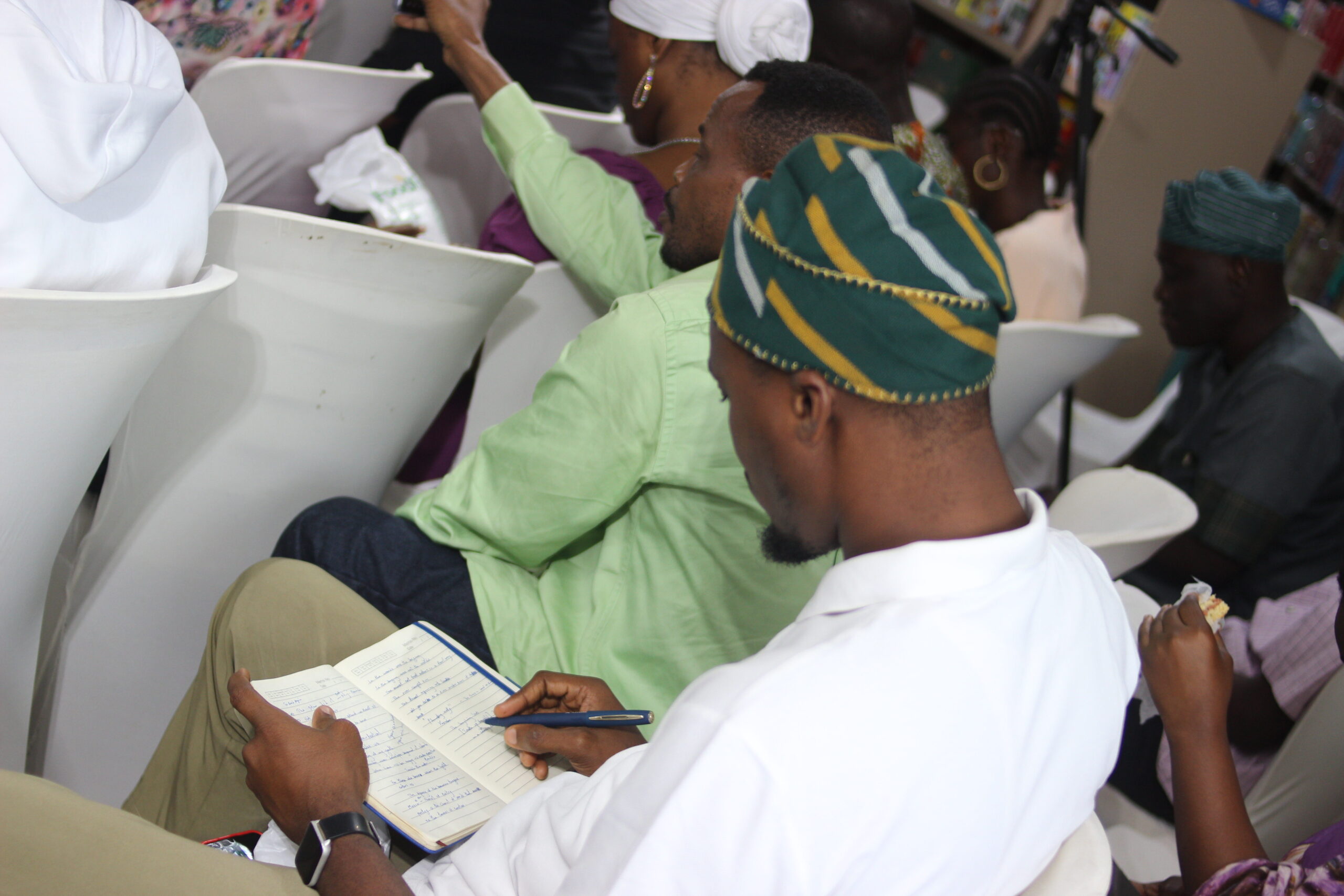
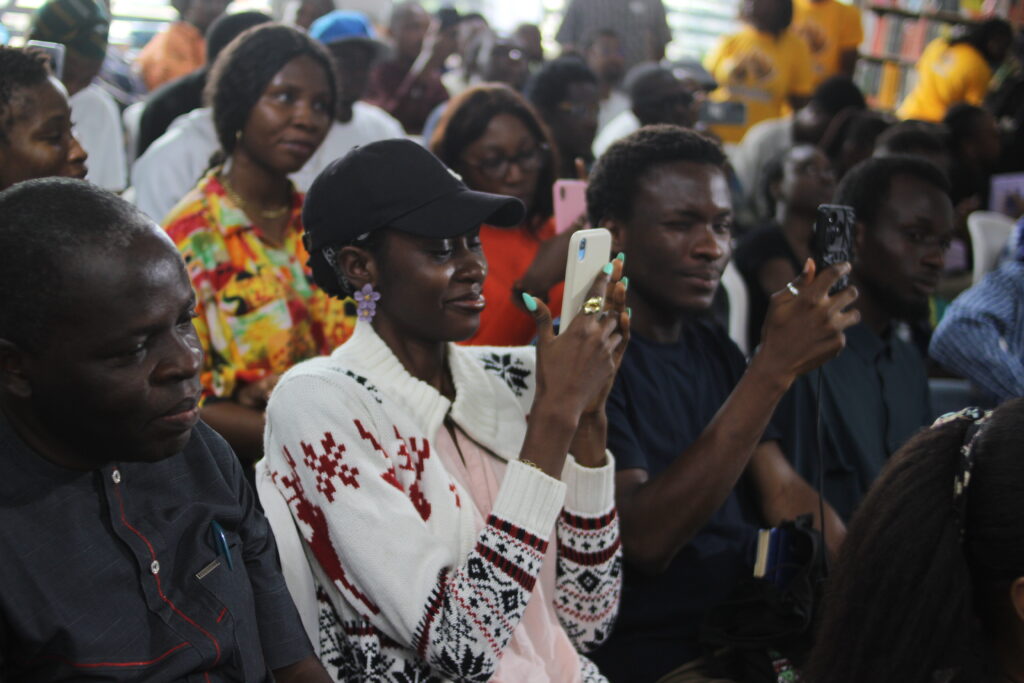
Festival Director Servio Gbadamosi praised the turnout despite local by-elections, calling it proof of literature’s enduring power. He announced that the maiden Ibadan Book and Arts Festival will be held on October 24–25, 2025 at the University of Ibadan’s International Conference Centre, under the theme “The Past as Prologue to the Future.”
